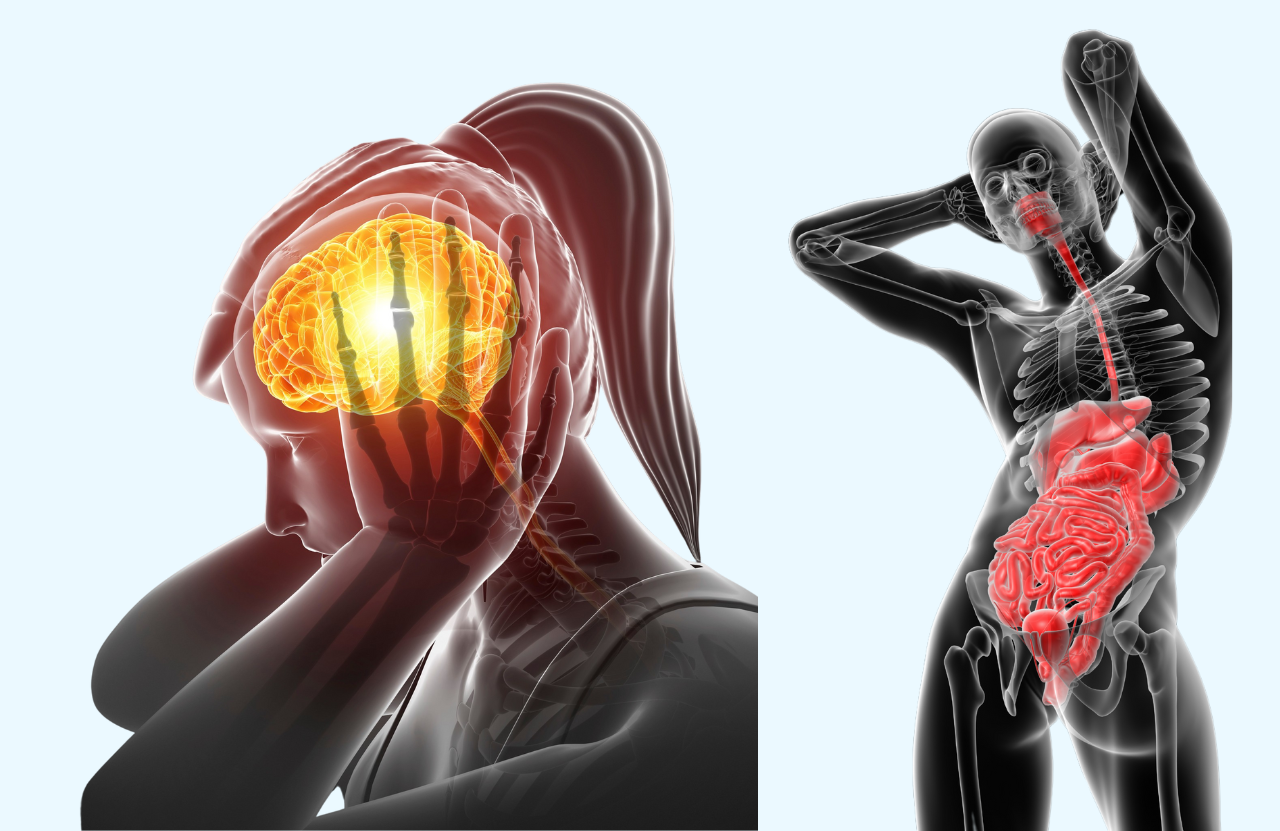Stress is an unavoidable part of modern life, affecting every aspect of our health. One of the most impacted areas is our digestive system, often referred to as the “second brain” because of its sensitivity to emotional and mental health. Dr. Pawan Rawal, one of the best gastroenterologists in India with over 18 years of experience, explains the intricate connection between stress and digestive health. Here’s what you need to know about how stress impacts digestion and what steps you can take to manage it.
The Connection Between Stress and Digestion
Stress triggers a series of physiological changes in the body, collectively known as the “fight-or-flight” response. This response impacts the digestive system in the following ways:
1. Slowed Digestive Function
During stress, the body prioritizes essential functions for survival, like increasing heart rate and respiration, while slowing down digestion. This can lead to symptoms such as bloating, nausea, and constipation.
2. Increased Acid Production
Stress can stimulate the overproduction of stomach acid, increasing the risk of conditions like acid reflux or heartburn.
3. Changes in Gut Microbiota
Chronic stress alters the balance of beneficial bacteria in the gut, which can weaken the immune system and lead to digestive disorders such as irritable bowel syndrome (IBS).
4. Heightened Gut Sensitivity
Stress makes the digestive system more sensitive, causing exaggerated pain and discomfort from normal digestive processes.
Common Digestive Issues Triggered by Stress
- Acid Reflux (GERD): A common condition where stomach acid flows back into the esophagus, causing discomfort.
- Irritable Bowel Syndrome (IBS): Stress is a significant trigger for IBS, leading to symptoms like abdominal pain, diarrhea, or constipation.
- Ulcers: While not caused directly by stress, it can aggravate pre-existing ulcers.
- Inflammatory Bowel Disease (IBD): Stress can exacerbate conditions like Crohn’s disease and ulcerative colitis.
How to Manage Stress for Better Digestive Health
Dr. Pawan Rawal emphasizes the importance of a holistic approach to managing stress and its impact on digestion. Here are some strategies:
1. Practice Relaxation Techniques
- Meditation: Even 10 minutes a day can help calm your mind and reduce stress levels.
- Deep Breathing: Slow, deep breaths signal the body to relax and can help improve digestion.
2. Adopt a Balanced Diet
- Include fiber-rich foods, lean proteins, and healthy fats to support your gut health.
- Avoid processed foods, excessive caffeine, and alcohol, as these can worsen stress-related digestive issues.
3. Exercise Regularly
Physical activity helps regulate stress hormones and improves gut motility. Aim for at least 30 minutes of moderate exercise, like walking or yoga, each day.
4. Get Quality Sleep
Sleep is essential for recovery and stress management. Lack of sleep can worsen both stress and digestive problems. Aim for 7-8 hours of uninterrupted sleep every night.
5. Seek Professional Help
If stress and digestive issues persist, consult an expert. As one of the leading gastroenterologists in Gurgaon, India, Dr. Pawan Rawal offers specialized care for stress-related digestive disorders.
When to See a Gastroenterologist
While occasional digestive discomfort from stress is normal, persistent symptoms may indicate an underlying issue. It’s crucial to consult a specialist if you experience:
- Chronic bloating, pain, or nausea.
- Frequent episodes of acid reflux or heartburn.
- Significant changes in bowel habits.
- Unexplained weight loss.
Take Control of Your Digestive Health
Stress is a part of life, but its impact on your digestive system doesn’t have to be. By incorporating stress management techniques and maintaining a healthy lifestyle, you can significantly improve your digestion and overall well-being.
For expert advice and treatment, consult Dr. Pawan Rawal, one of the best gastroenterologists in India. With years of experience and a patient-centered approach, Dr. Rawal provides comprehensive care for all types of digestive disorders.
Contact Gastro Liver Care today to book your consultation!






